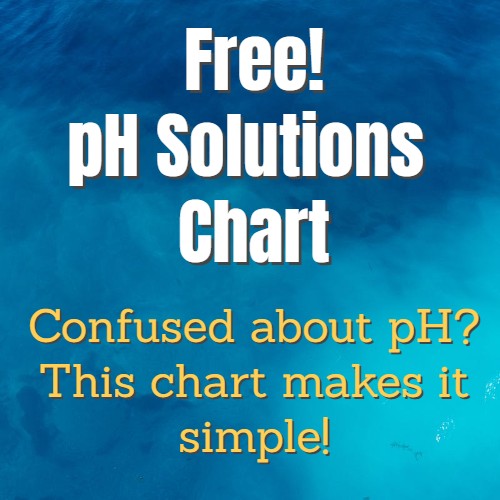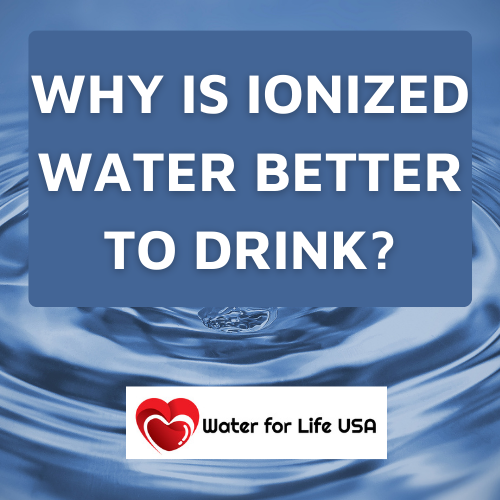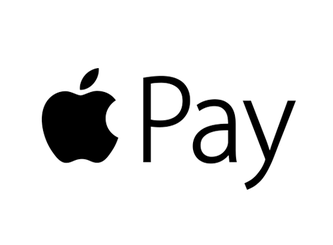Spring Sale! Save 20%

Celebrating 14 Years in Business and an A+ BBB Rating!
Home / Blog-2 / Health Advice / Monsanto: How Common Weedkillers Poisoned Our Drinking Water, Killed Humans, and Destroyed Ecosystems
Earlier this year, we wrote about the $698 million dollar judgment against Monsanto for poisoning Oregon water with glyphosate. This article got a strong response from many of our customers so we did some more digging. Here is what we found:
Table of Contents
ToggleMonsanto, now owned by Bayer AG, manufactures a chemical called glyphosate, which is a broad-spectrum herbicide that many people and businesses use to control weeds. It’s sold as Roundup, Rodeo, and Touchdown to consumers like you and me. It is also sold to businesses that use it for landscaping and even agriculture and forestry.
Glyphosate is a popular product for Monsanto because it is cheap to manufacture and effective in controlling weeds, which has led to billions in profits.
Monsanto has been selling these glyphosate-based herbicides since the 1970s. Early on Monsanto had indications that glyphosate is dangerous to the environment, particularly fish and aquatic species, and even humans. But they ignored this information and continued to make their weedkillers.
Glyphosphate is dangerous because it enters streams and rivers through runoff from fields where our food is grown. Glyphosate hurts fish, frogs, other amphibians, and invertebrates by disrupting their endocrine systems. When this happens, these poor animals suffer developmental abnormalities, can’t reproduce as well, and their immune systems are compromised, leading to illness, disease, and early death.
Environments exposed to glyphosate have shown a decrease in the diversity of animals, which has devastated those ecosystems because every animal in those systems is dependent on other animals, mostly as a food source.
Of even greater concern, glyphosate binds to the sediment in our rivers and streams and can remain there for years. This means that the animals exposed to this sediment will be exposed to glyphosate for a long period of time, affecting the future generations of those animals, and continuing to destroy their ecosystem.
The bad news doesn’t stop there. Studies with humans have shown that glyphosate is linked to cancer, particularly non-Hodgskins lymphoma.
Non-Hodgkin’s lymphoma (NHL) is a type of cancer that affects the lymphatic system, which is part of the body’s immune system. White blood cells grow and divide uncontrollably, forming tumors or masses in the lymph nodes or other organs. Needless to say, this is a devastating disease and the five-year survival rate is about 73%. Some live longer than five years and some don’t even make it that long.
Besides non-Hodgkins lymphoma, glyphosate can disrupt our endocrine systems, which are a complex network of glands and organs that secrete hormones into our bloodstream. These hormones regulate our various bodily functions. Just like in animals, this endocrine system disruption causes us developmental and even reproductive problems!
As of September 2021, Bayer AG, the parent company of Monsanto, faced more than 125,000 lawsuits in the United States related to glyphosate. That number alone should give you an idea of the widespread damage. The main contention of these lawsuits is that Monsanto knowingly contaminated the waterways and thus knowingly harmed animals and humans.
Monsanto has set aside 9.8 billion dollars to settle these lawsuits. One of the biggest lawsuits comes from Oregon in 2018. First, they received 185 million in damages but that number increased to 698 million in 2023. Oregon says that they will use this money to clean up the contamination and compensate the people who have been harmed by glyphosate.
In 2017 Monsanto sold 14.6 worth of products with a profit of 2.3 billion. In 2018 Bayer AG acquired Monsanto. In 2021, Bayer AG made approximately 3.98 billion dollars in profit. Bayer AG CEO Werner Baumann made $15.5 million USD for the fiscal year 2020. In that same year, they paid out 2.21 billion to their stockholders.
So, even with all the lawsuits, Bayer AG is insanely profitable and shows no signs of stopping!
Bayer AG isn’t the only company producing glyphosate-based herbicides. Other companies include Syngenta, BASF, Dow AgroSciences, and Nufarm!
What makes these other companies particularly disturbing is that they formed and started producing glyphosate products AFTER Monsanto. This means they knew that glyphosate is dangerous to animals and people but they created their weedkillers anyway!
The sad reality is that it is FAR CHEEPER for these companies to fight and settle lawsuits than it is for them to stop selling dangerous products!
What about the Environmental Protection Agency? Why don’t they shut down these dangerous chemical factories?
That’s where corporate lobbyists come into play. Lobbying refers to the practice of individuals, organizations, or companies attempting to influence public policy and government decision-making by advocating for their interests or concerns to lawmakers, government officials, or other policymakers.
Lobbying can take many forms, including direct communication with policymakers, participation in public hearings or meetings, provision of information or research, grassroots organizing, and financial contributions to political campaigns or parties.
According to the Center for Responsible Politics in 2018:
Monsanto spent $5.5 million on lobbying. This included lobbying on issues such as biotechnology regulations, crop insurance, and pesticide regulation.
Syngenta spent $1.8 million on lobbying. This included lobbying on issues such as biotechnology regulations, crop insurance, and pesticide regulation.
BASF spent $4.7 million on lobbying activities on issues such as chemical regulation, energy policy, and trade policy.
Dow Chemical Company (including Dow AgroSciences) spent $10.7 million on lobbying on issues such as chemical regulation, energy policy, and trade policy.
In 2019, Nufarm spent $70,000 on lobbying on issues such as pesticide regulation and agricultural policy.
The bottom line is that, through lobbying, these companies are influencing our politicians and other policymakers, including those who work at the EPA, to keep glyphosate legal so they can continue to sell it and make billions in profits.
These industrial chemical producers are a prime example of why everyone needs multi-layer water filtration like what you find in our water ionizers!

Save 20% on NEW water ionizers during our Spring Sale! Use code Spring20.

Get HOT ionized water! That's just one of the amazing new features of our HydroHeat Thermal Water Ionizer.

Generous wholesale discounts and drop-shipping available. If you run a health-centered or water-centered business, we want you! Please send us an email that introduces your business to info@waterforlifeusa.com or call us at 877-255-3713.

Confused about pH? Want to know the pH of milk? Or bananas? Or soda? Download this free easy-to-use pH Solutions chart. Just click on the graphic above.

Reverse osmosis? Carbon filter? Distiller? Find out why a water ionizer is better! Join Alderin Ordell, owner of Water for Life USA, as he explains pH, ORP, antioxidants in water, the history of water ionizers, and even what the experts have to say about the health benefits of ionized water.

We offer in-house payment plans. They require a 50% down payment and the rest is paid in three monthly installments. Call 877-255-3713 for more information.


Water for Life USA now has Apple Pay available for all purchases. Order with confidence using Apple Pay!
"Since I haven't been to a doctor in a good while, I decided to go and visit him. I was down 37
pounds and my blood pressure, heart rate, and body temperature were well within range. He
told me the last time I went to see him to get bl...